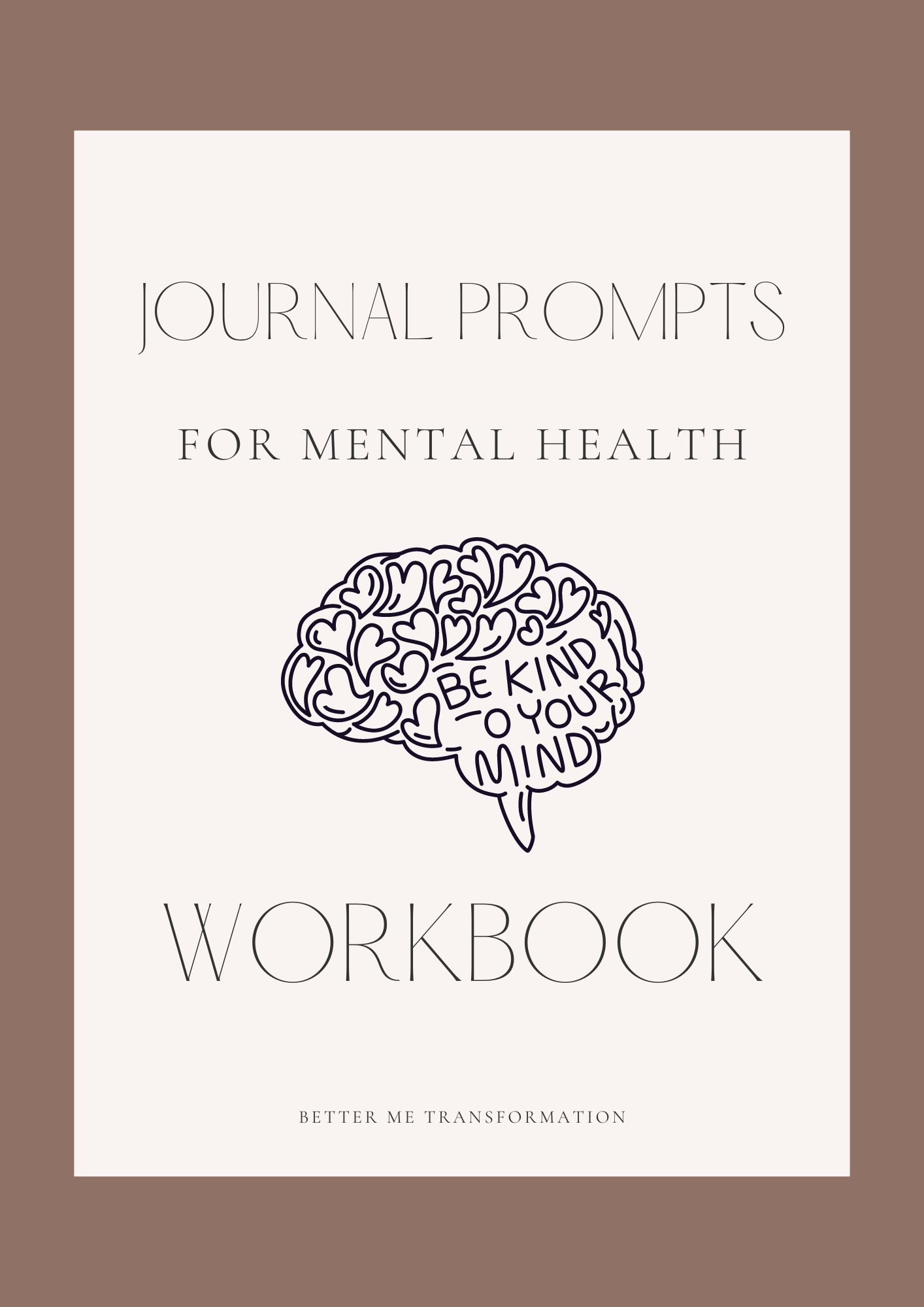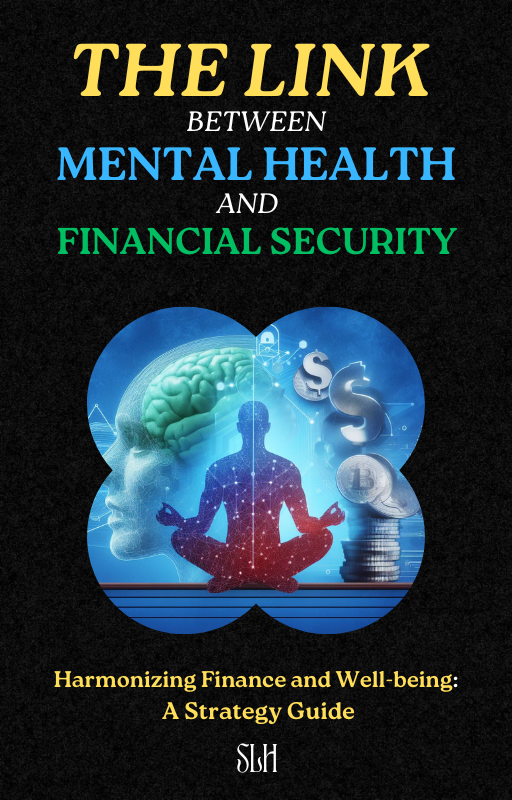- Home
- Is Narcissism a Mental Illness
is narcissism a mental illness?
Understanding self-centered behavior
Welcome to a journey of exploration as we delve into the question: Is Narcissism a Mental Illness? In simple terms, we will unravel the intricacies of self-centered behavior, examining whether it falls under the umbrella of mental health conditions.
Firstly, let's understand what we mean by "narcissism." Imagine someone who is excessively self-absorbed, seeking admiration, and lacking empathy for others. This self-centered focus is what we call narcissism.
is narcissism a mental illness?
Okay, let's make this simpler. Mental illness is when something is not quite right with how our brains work. It can affect how we think, feel, and act. It's like having a cold, but in our minds. Some examples are feeling really sad a lot (that's depression), being super worried (that's anxiety), or having extreme mood swings (that's bipolar disorder). Just like when our bodies feel sick, our minds can feel a bit unwell too. But the good news is, there are numerous mental health strategies and people who can help, like doctors and therapists. They have special ways to make our minds feel better, just like medicine helps our bodies.
Narcissistic personality disorder (npd)
Alright, let's break it down. In mental health, there's something called Narcissistic Personality Disorder (NPD). It's not like everyday self-centeredness; it's a special condition that some people have. Having NPD makes it tricky for them to make good friendships because they really focus a lot on themselves. It's like they think about themselves way too much, and that can make it hard to get along with others.
Imagine you have a friend who always talks about themselves and doesn't really listen to you. People with NPD might be a bit like that, but even more so. They may find it challenging to understand how others feel because they're so caught up in their own thoughts and feelings. This can make it tough for them to have healthy relationships where both people feel understood and cared for.
Characteristics of npd
Let's explore more about some characteristics of Narcissistic Personality Disorder (NPD). People with this might act in ways that make them different from others. One thing they often do is think they're way more important than everyone else. Imagine if someone always wanted you to say how amazing they are, and they didn't really care about your feelings. That's a bit like how people with NPD might act, but even more intense.
Another thing about them is that they always want people to admire them. It's like they're always looking for compliments, and it's essential for them to feel special. But here's the tricky part – they find it hard to understand how others feel. Empathy, which is understanding and sharing someone else's feelings, is a bit tricky for them.
So, there are three key things to remember about NPD: thinking they're super important, needing lots of admiration, and finding it challenging to understand how others feel. Understanding these traits helps us see why some people behave the way they do. It's like putting puzzle pieces together to understand more about them.
differentiating traits from illness
Understanding the distinction between occasional self-centered behaviors and a diagnosed mental health disorder is crucial for building a compassionate and supportive community. Imagine it as a way to recognize when someone might need a bit more help and understanding from those around them. While it's normal for everyone to display a touch of self-centeredness occasionally, a mental illness involves these behaviors happening frequently and significantly impacting a person's daily life.
Think about it like having a friend who sometimes needs extra support. By knowing the difference, we can create an environment where people feel comfortable seeking help without judgment. This understanding fosters a community that values empathy and provides the necessary care for those facing mental health challenges.
impact on relationships
Let's delve into how narcissism, specifically Narcissistic Personality Disorder (NPD), can affect relationships. People with NPD often find it challenging to build real connections because they focus a lot on themselves. This doesn't just affect friendships; it also influences how they interact at work or school.
Imagine if someone is mostly thinking about themselves; it can make it hard for others to feel heard or understood. This can sometimes lead to difficulties in getting along with others and working together as a team. Understanding these challenges is an essential step in supporting people with NPD and promoting healthier relationships.
seeking professional guidance
For those grappling with narcissistic traits or concerned about their mental health, seeking professional guidance is crucial. Mental health professionals can provide assessments, diagnoses, and tailored strategies for personal growth.
In conclusion, narcissism exists on a spectrum, from everyday self-centered behavior to a diagnosed mental health condition known as Narcissistic Personality Disorder. Understanding these distinctions is key to promoting mental well-being and fostering healthier relationships.
Remember: If you or someone you know is dealing with mental health concerns, reaching out to a mental health professional is a positive step towards support and healing.
transformation talks newsletter
Ready for a transformational journey? Subscribe to TRANSFORMATION TALKS and unlock the secrets to a better you! Join us on this empowering adventure toward self-improvement and well-being. Your guide to personal growth is just a click away. Subscribe now for a brighter, better future!








